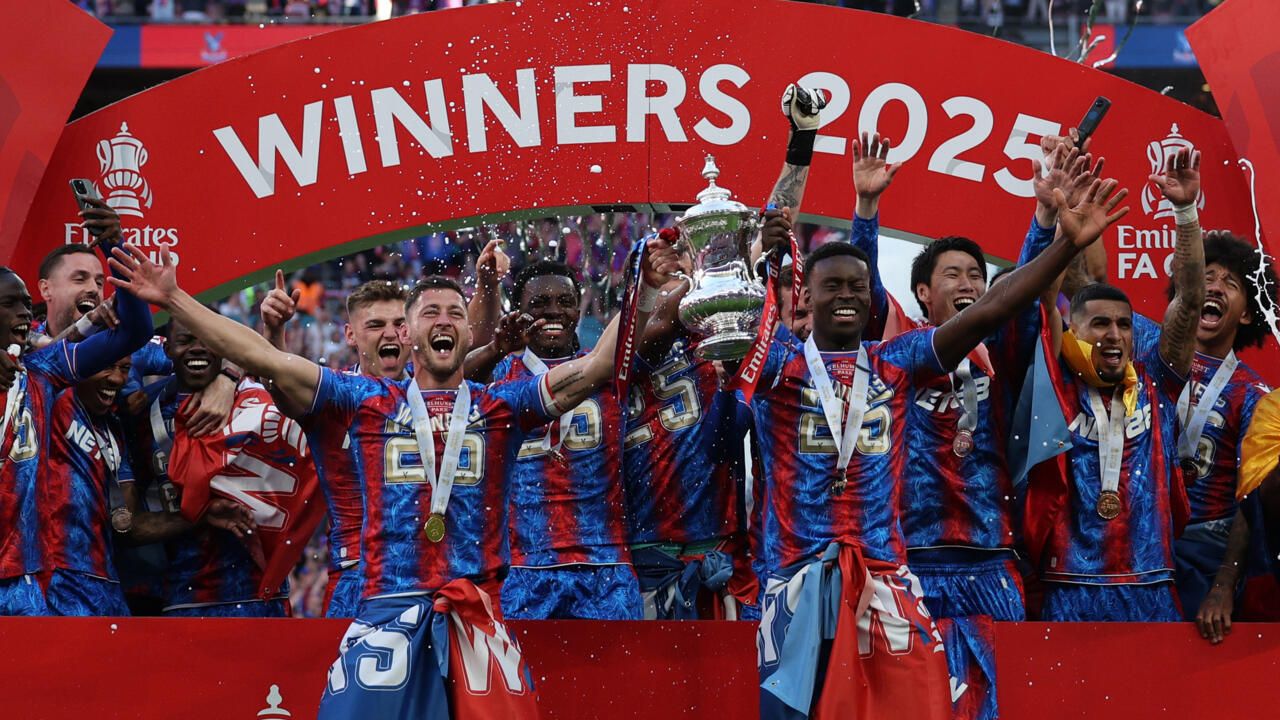Crystal Palace Football Club finds itself in a rather unenviable position, facing exclusion from the UEFA Europa League next season despite having qualified for the competition. European football`s governing body, UEFA, has ruled that the South London club must instead participate in the lower-tier Europa Conference League. This decision has sparked considerable anger among fans and club officials alike, leading to planned protests and a formal appeal.
The root of the issue lies in UEFA`s regulations surrounding multi-club ownership. American businessman John Textor holds ownership interests in Crystal Palace and is also the majority owner of French club Olympique Lyonnais (Lyon). Both clubs successfully secured qualification for the Europa League for the 2025/26 campaign. UEFA rules are designed to prevent potential conflicts of interest by prohibiting clubs with significant ownership ties from competing in the same European competition.
A key element in UEFA`s decision is a compliance deadline. Clubs operating under multi-club ownership structures were required to demonstrate that any necessary restructuring to meet UEFA`s criteria was completed by March 1, 2025. Crystal Palace, unfortunately, did not meet this specific deadline. While subsequent changes occurred, such as Mr. Textor reportedly selling his stake in Palace, these actions seemingly took place after the critical date set by the governing body.
This development has understandably been met with outrage at Selhurst Park. Crystal Palace has formally announced its intention to appeal the decision to the Court of Arbitration for Sport (CAS), the independent body tasked with resolving sports-related legal disputes. Club chairman Steve Parish has publicly voiced his strong disapproval, describing UEFA`s ruling as «ludicrous» and lamenting what he perceives as «the biggest injustice in the history of football.» The club`s stance is that Mr. Textor did not hold a level of decisive influence at Crystal Palace that warranted the sanction under UEFA`s framework, an argument UEFA did not find convincing based on the documentation provided.
The frustration is particularly palpable among the fanbase. The Holmesdale Fanatics, a prominent group known for their passionate support, have declared their intention to stage a protest march against UEFA. Their collective statement brands the demotion as an «unjust» outcome that diminishes the achievement of winning the FA Cup – the trophy that secured Palace`s initial Europa League qualification. They criticize UEFA as being detached from the fundamental values of the sport and hint at a perceived bias favouring clubs with more historical pedigree and financial might capable of influencing regulatory outcomes.
Beyond the blow to sporting pride, the move carries significant financial consequences. The prize money structure for the Europa League is considerably more lucrative than that of the Conference League. Crystal Palace stands to lose millions in potential revenue, impacting everything from transfer budgets to infrastructure investments. Estimates suggest the difference could amount to over £15 million in potential earnings if a deep run in the competition were achieved.
The situation is further complicated by the recent history of Olympique Lyonnais. The French club faced its own challenges, including financial difficulties that initially led to a ruling for relegation from Ligue 1. John Textor reportedly resigned from leadership roles at Lyon during this period. However, Lyon subsequently won their appeal against relegation and were reinstated to Ligue 1, confirming their own place in the Europa League, thereby solidifying the multi-club conflict scenario under UEFA`s rules.
While Crystal Palace appeals its case, the ripples of the decision may extend to other Premier League clubs. Nottingham Forest, who finished seventh in the league last season, is currently in a position to potentially take Crystal Palace`s place in the Europa League, subject to the outcome of the CAS appeal. Forest had reportedly raised concerns with UEFA regarding Palace`s multi-club ownership situation.
UEFA, for its part, maintains that its decision was a straightforward application of its established regulations after a thorough review of the evidence presented by both clubs. They reject claims of unfair treatment, viewing it as a necessary measure to uphold the integrity of their competitions in the face of complex modern ownership models.
The final resolution now rests with the Court of Arbitration for Sport. Their verdict is expected before the draw for the Europa Conference League play-off round, currently scheduled for August 4th. This contentious episode serves as a potent illustration of how the intricate and often unforgiving landscape of football governance, particularly concerning multi-club entities, can intersect dramatically with on-field achievements, leaving clubs and their supporters grappling with unexpected outcomes.

